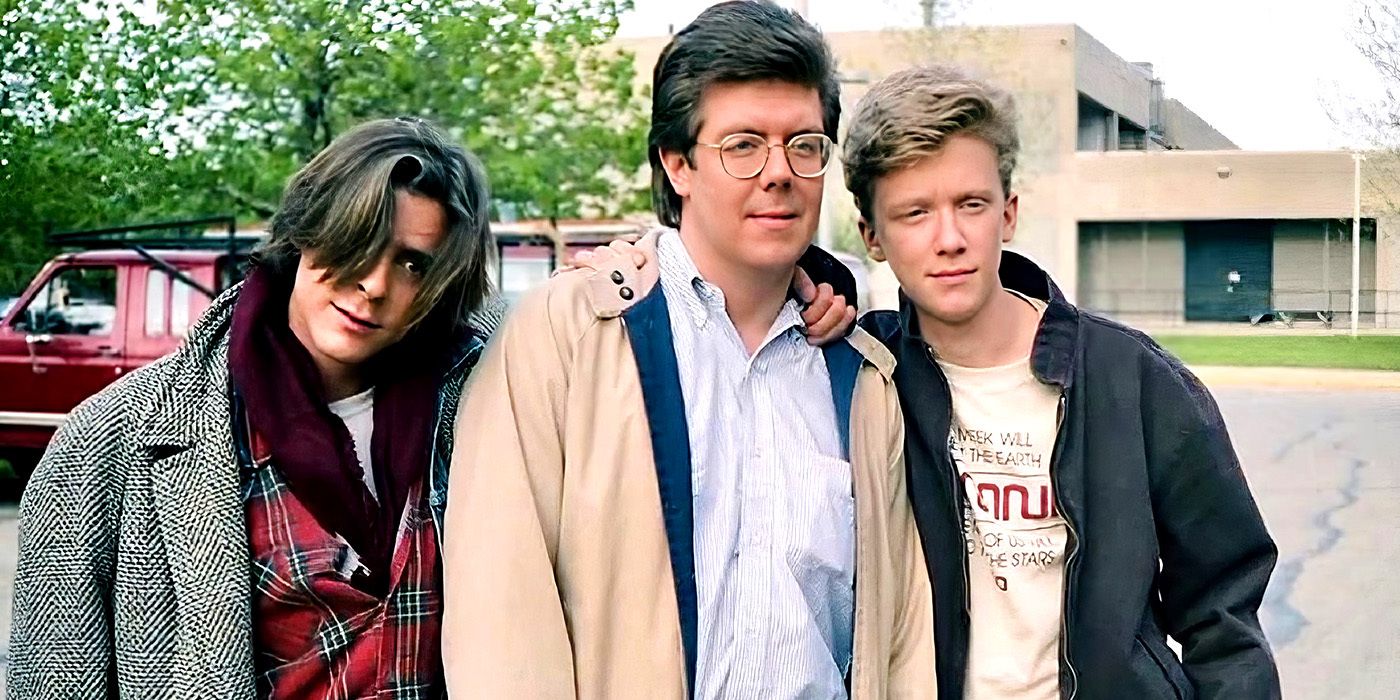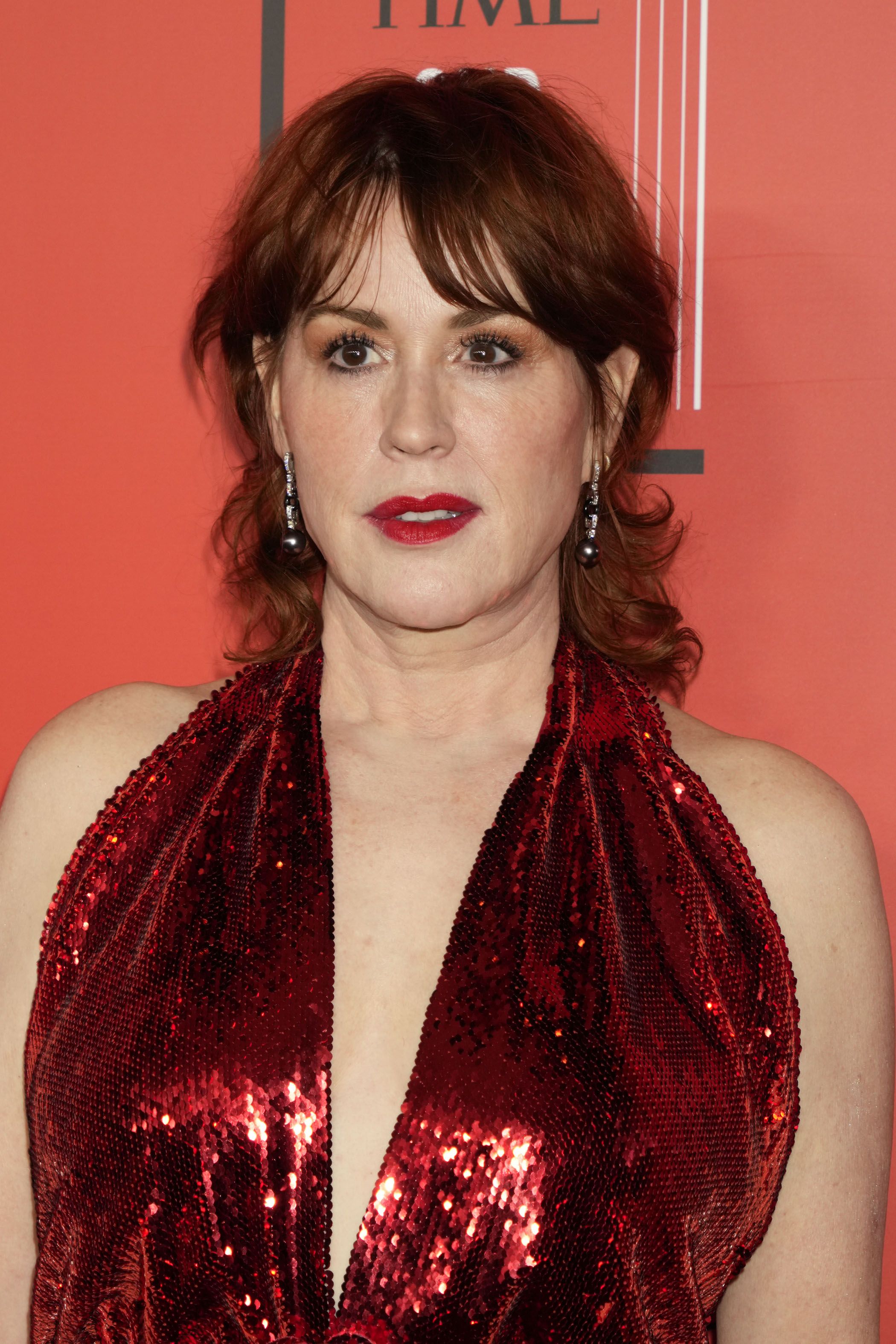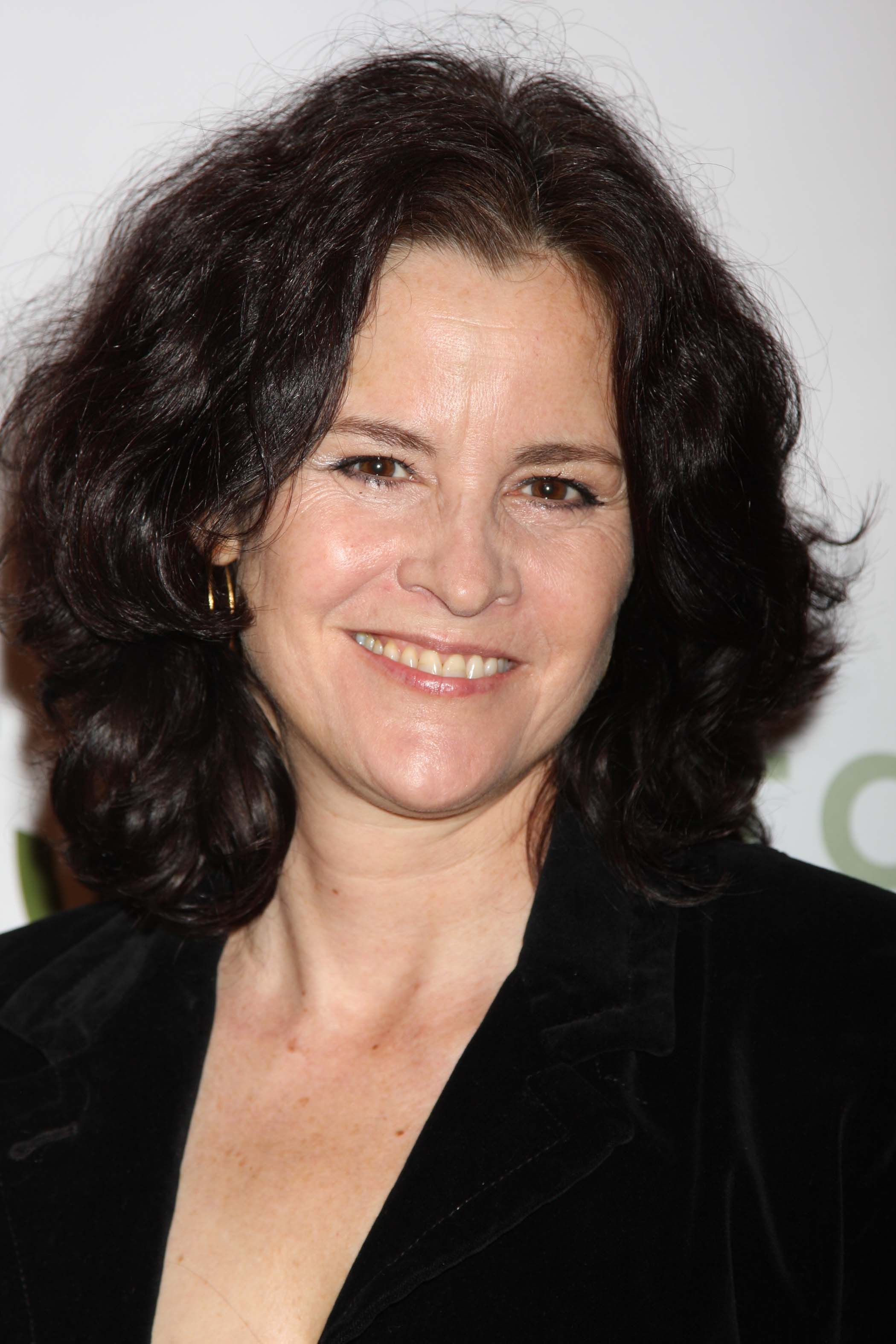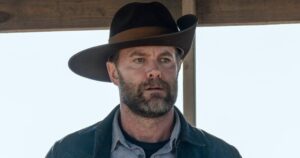Molly Ringwald Just Explained Why a ‘Breakfast Club’ Sequel Should Never Happen — And It Makes Perfect Sense
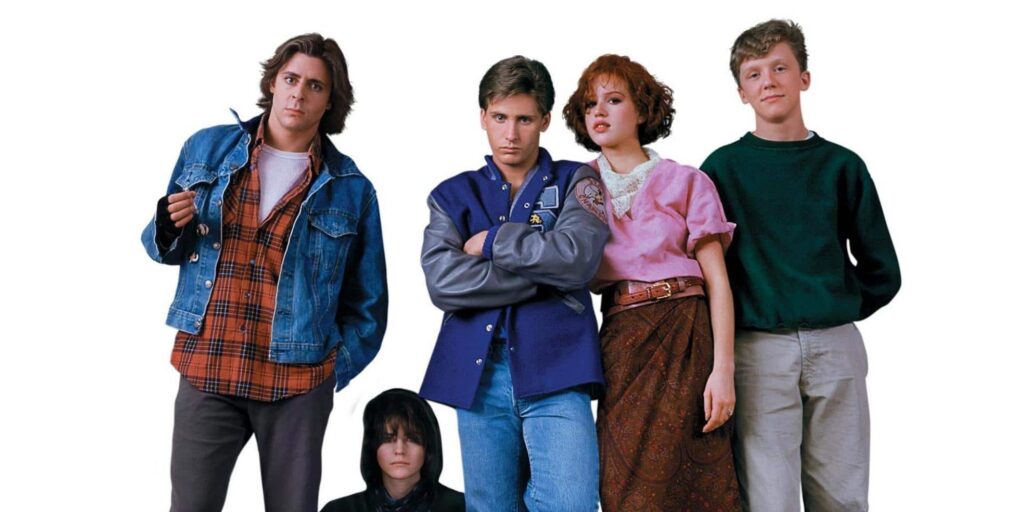
No matter when you were born, watching The Breakfast Club as a teenager is an incredibly formative experience. So, with the movie recently celebrating its 40-year anniversary, the cast reunion was a huge cultural moment—as it marked the first time all five stars had been together since the original release of the movie.
At the Chicago Comic and Entertainment Expo, Molly Ringwald, Ally Sheedy, Judd Nelson, Anthony Michael Hall, and Emilio Estevez reminisced over the filming and spoke highly of John Hughes, the writer and director of The Breakfast Club and arguably one of the most influential filmmakers of the 80s. In fact, it is the intrinsic link between Hughes and the classic coming-of-age story that acted as the reason a sequel just wouldn’t feel right for the cast.
‘The Breakfast Club’ Will Always Be Relevant
The success of The Breakfast Club comes from its simplicity; it is five students in detention going from strangers to allies. Each character distinctively fits into one high school clique, as expressed in the group’s closing letter, and they start off believing these stereotypes mean they have no common ground. However, as they spend more time together and begin to open up, they realize they are all facing the same issues of adolescence. It is this shared sense of teenagehood that allows the movie to feel so relatable; it doesn’t matter your high school status, being a young person is a collective experience.
The way the movie candidly approaches real issues with such freedom is still relevant today, and watching these five individuals bond makes the viewer feel less alone, especially if you are in high school when first watching. They discuss parental pressure, suicide, and bullying, yet it is each individual’s admittance of loneliness regardless of their social standing that feels uniting. The movie isn’t saying that the five of them will consequently become best friends; they likely won’t even talk to each other again. However, on that one Saturday, they found comfort in their mutual feelings.
John Hughes is the Reason ‘The Breakfast Club’ Won’t Get A Sequel
Despite the transcendent themes of The Breakfast Club, there are elements of the movie that definitely feel dated as societal norms have shifted, which was addressed by the cast during the reunion. Molly Ringwald expressed that any future material would need modernizing, as The Breakfast Club doesn’t represent “different ethnicities” or “talk about gender,” so fails to “represent our world today.” The movie is so firmly placed in the 80s not just in style but also in substance, so any remake would have to completely restructure the narrative. Ringwald suggested that projects “build on it and represent what is going on today.”
In a way, this has become reality, as any situation where a group of students are stuck in detention is immediately compared to The Breakfast Club. This ranges from conceptual foundations that take inspiration from the Hughes classic, such as One of Us Is Lying to parody episodes on sitcoms, including Abbott Elementary, How I Met Your Mother, and Community. The core thesis that made The Breakfast Club pertinent is the emphasis on human connection. Emilio Estevez pointed this out when recalling John Hughes’ style of filmmaking compared to modern-day cinema, highlighting that if you pitched The Breakfast Club today, “studio executives would march you right out of the door and say, where are the monsters? Where are the car chases? Where are the big effects?” Hughes always centered his movies on believable and empathetic characters, embracing their flaws and not overcomplicating their narratives. Although the reunited cast agreed that they wouldn’t do a sequel out of respect for Hughes, they were hugely complimentary about working with him.
Seeing ‘The Breakfast Club’ as Unrealistic Misses the Point of the Movie
The Breakfast Club respects trivial teenage issues and evidences that they can actually be hugely impactful. Although, as an adolescent, you can live with rose-tinted glasses and don’t face every problem that comes with adulthood, those issues are relevant to you at that point in your life. In the 21st century, the issues young people have to deal with have expanded as the world has changed, and movies should take inspiration from The Breakfast Club and not be afraid to place teenagers at the heart of them without any elaborative story surrounding them. Maybe it is unrealistic that these five strangers would talk to each other so openly, especially nowadays. However, the way John Hughes represented this epidemic of alienation and a desire to fit in is still relevant 40 years later, so The Breakfast Club might never be remade, but it will never stop being retold in new formats.
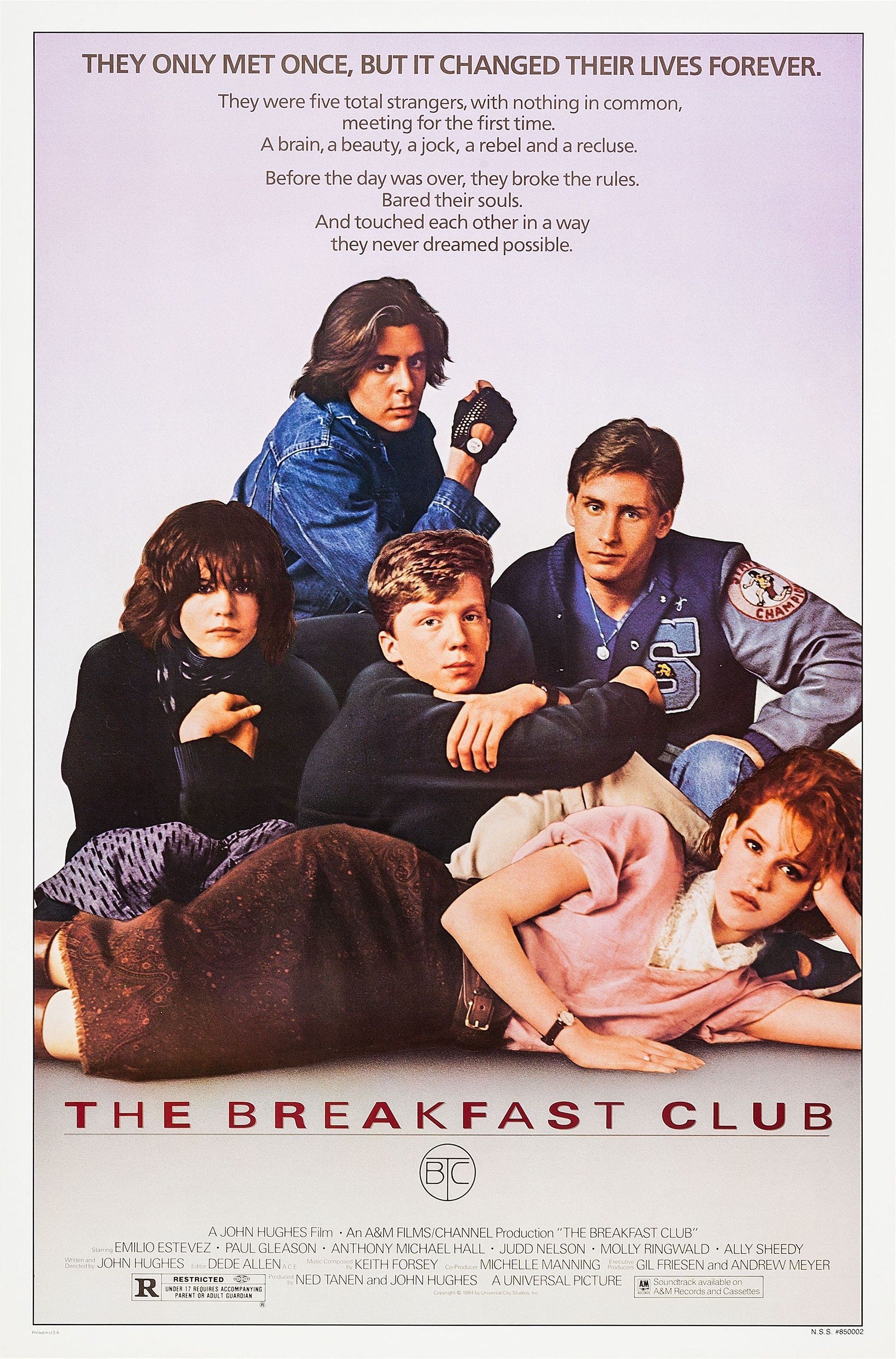
- Release Date
-
February 15, 1985
- Runtime
-
97 minutes
- Director
-
John Hughes
- Writers
-
John Hughes

